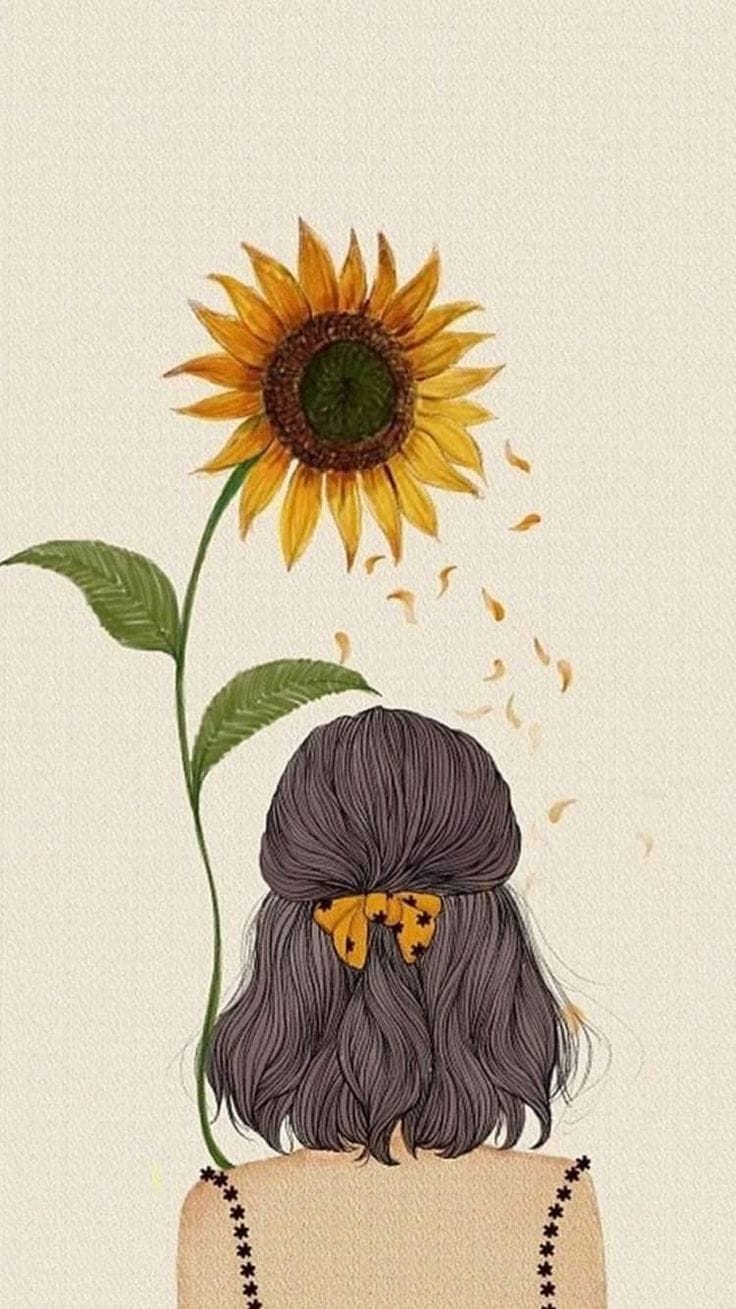Depression isn't Laziness : Debunking the Myths

Devika V
April 17 , 2025

You may have come across the term "depression." Many people often misunderstand depression as feeling sad or lacking motivation. Due to these misinterpretations, people often think they have depression if they feel miserable or disinterested, but here’s the thing: it’s not that simple. Depression is a complex mental health condition, and its effects go far beyond feeling “down” or unmotivated.
Depression vs Laziness : Are They Really the Same?

Photo by Gadiel Lazcano Team on Unsplash
First, let's understand what depression is. Depression is a serious mental disorder that negatively affects how you feel, think, act and perceive the world. There are several types of depressive disorders. Clinical depression, or major depressive disorder, is often just called “depression.” It’s the most severe type of depression. Without treatment, depression can get worse and last longer.
Meanwhile On the other hand laziness is a general disinclination to activity , despite having the ability to act or exert oneself. Also it is highly subjective , what might appear lazy to some may not appear lazy to others. So, in this article let’s clear up the difference between laziness and depression.
Is Laziness one of the symptoms of Depression?
No, Laziness necessarily need not be a symptom of Depression. However, the National Institute of Mental Health [NIMH] says that both depression and anxiety may appear similar because of their causes:
· feelings of emptiness and helplessness.
· fatigue.
· lack of energy.
· feeling slowed down.
· difficulty making decisions.
· difficulty sleeping or oversleeping.
But its important to keep in mind that depression has more severe symptoms such as :
· Feelings of guilt, worthlessness, or helplessness
· Loss of interest or pleasure in hobbies and activities
· Difficulty concentrating, remembering, or making decisions
· Difficulty sleeping, waking too early in the morning, or oversleeping
· Changes in appetite or unplanned weight changes
· Physical aches or pains, headaches, cramps, or digestive problems without a clear physical cause that do not go away with treatment
· Thoughts of death or suicide or suicide attempts
Depression can also involve other changes in mood or behavior that include:
· Greater impulsivity
· Increased use of alcohol or drugs
· Isolating from family and friends
· Inability to meet responsibilities or ignoring other important roles
· Problems with sexual desire and performance
Types of Depression
According to NIMH There are two common types of depression :
· Major depression includes symptoms of depressed mood or loss of interest, most of the time for at least 2 weeks, that interfere with daily activities.
· Persistent depressive disorder (also called dysthymia or dysthymic disorder) consists of less severe depression symptoms that last much longer, usually for at least 2 years.
Other types of depression include the following.
· Seasonal affective disorder comes and goes with the seasons.
· Depression with symptoms of psychosis is a severe form of depression in which a person experiences psychosis symptoms, such as delusions or hallucinations.
· Bipolar disorder involves depressive episodes, as well as manic episodes (or less severe hypomanic episodes) with unusually elevated mood, greater irritability, or increased activity level..
Causes of Depression
Abuse – Experiencing physical, sexual, or emotional abuse can increase your chances of getting depressed later in life.
Conflict – Frequent arguments or problems with family or friends can make you more likely to become depressed.
Death or a loss – Losing someone close to you can cause deep sadness and raise the risk of depression.
Other personal problems – Feeling lonely or being rejected by others can increase the risk of depression.
Serious illnesses – Having a major health problem can lead to or worsen depression.
Substance misuse – Using drugs or alcohol can make depression worse, even if it feels like it helps at first.
Causes of Laziness
Deeming behavior lazy is a matter of opinion, so it doesn't necessarily have a specific cause. It mostly depends on things like age, habitual behavior, environment, energy, willpower, personality, and level of distraction can make someone more likely to procrastinate or not.
How Therapy Can Help

Photo by Christina @ wocintechchat.com Team on Unsplash
People often avoid therapy due to fear of judgement by society , stigma around mental health or they are hesitant to talk about their feelings , thoughts and emotions to another person , they might think that it makes them weak . but what they don’t realise is that therapy is One of the most effective ways to manage depression .
Speaking with a trained therapist can provide valuable insights, coping strategies, medication and support. Therapy isn’t a “quick fix,” but it’s a proven way to work through depression and develop healthier thought patterns.
If you’re ready to take the first step toward healing, don’t wait. You deserve support. Start your journey toward a healthier, happier you at Heart It Out. These sessions are designed to give you the chance to talk to a professional, and they’re completely confidential. Reach out to us for a FREE Consultation today!
Why It’s Important to Recognize the Truth
Understanding the truth about depression is vital because it helps reduce stigma. The more we talk about mental health and challenge harmful myths, the easier it becomes for people to seek help without feeling ashamed. It’s not about being weak or lazy; it’s about recognizing a mental health issue and taking steps toward healing.
Remember, depression isn’t laziness, and seeking help is a sign of strength, not weakness. And always remember that You’re not alone in this.

Photo by Lina Trochez Team on Unsplash
“Sometimes the smallest step in the right direction ends up being the biggest step of your life”
- -Naeem Callaway
Keep Reading
Started reading,
found my glow!
New blogs dropping soon – Sign up!
© EmbraceWell. All rights reserved



























